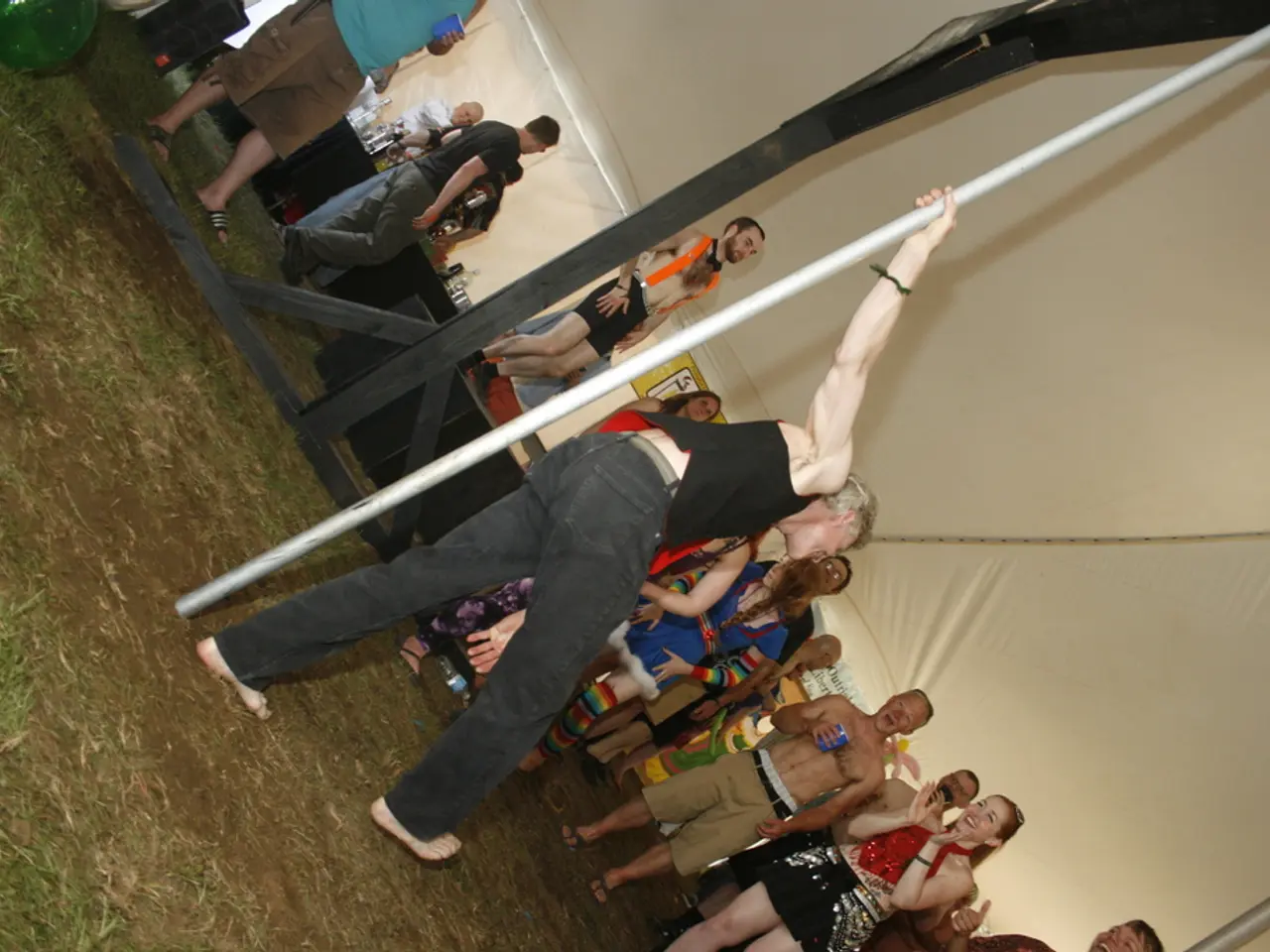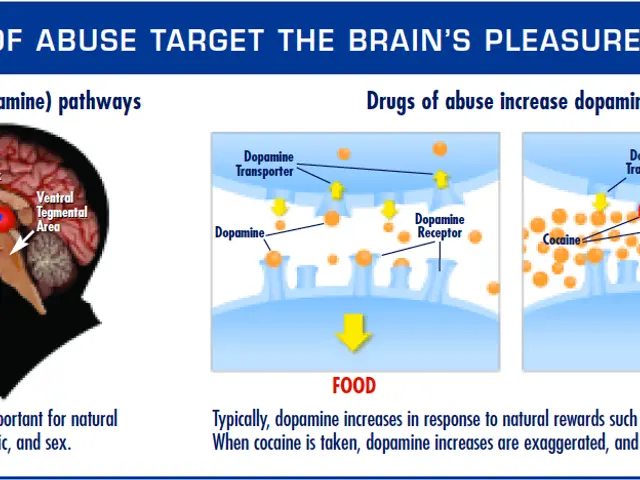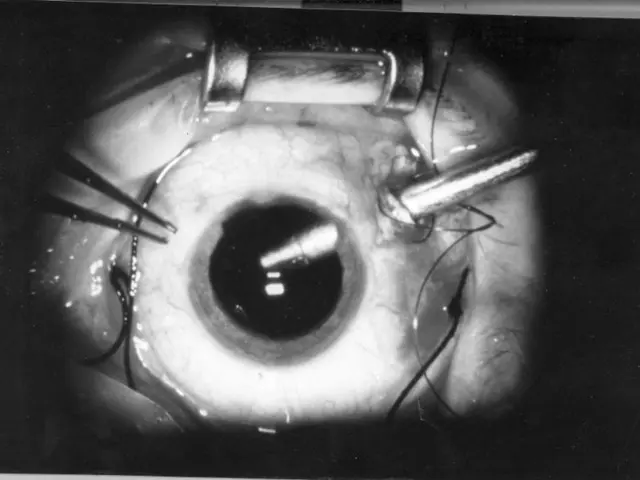Twitching Lips: Reasons and Remedies
Lip twitching, a seemingly minor issue, can often be a sign of underlying conditions affecting the nerves and muscles that control facial movements. This article explores the various causes of lip twitching and provides guidance on when to seek medical attention.
Lip twitching can stem from a range of factors, including facial nerve disorders, general muscle fatigue or irritation, stress, nerve dysfunction, and systemic issues. Some common causes include Bell's palsy, dystonia, hemifacial spasm, and conditions like hypoparathyroidism, diabetes-related neuropathy, and Tourette syndrome.
Facial nerve disorders, such as Bell's palsy and hemifacial spasm, involve involuntary muscle contractions that can affect one or both sides of the face. Hemifacial spasm, in particular, is characterised by uncontrollable twitching on one side, involuntary blinking, or facial muscle contractions interfering with daily activities.
General muscle fatigue or irritation, stress, or anxiety can trigger temporary lip twitches. However, persistent or worsening twitching, twitching that spreads to other parts of the face or causes muscle stiffness, additional neurological symptoms such as weakness, numbness, facial distortion, or difficulty moving parts of your face, signs of hemifacial spasm, any history of trauma, stroke symptoms, or sudden onset of facial weakness along with twitching, should prompt a visit to a healthcare professional.
Other causes of lip twitching include conditions like hypoparathyroidism, which results in low calcium levels, often due to conditions affecting the parathyroid glands. Low calcium levels can lead to facial twitching, and treatment typically involves managing symptoms with parathyroid hormone replacement, calcium, and vitamin D supplements.
Tourette syndrome, a neurological disorder characterised by motor and speech tics, can also cause lip twitching. Treatment for Tourette syndrome usually involves Botox injections, chemical medications, counseling, or behavioural therapy.
Dehydration alone would not necessarily cause lip twitching, but associated electrolyte abnormalities, like potassium or calcium imbalances, could. Parkinson's disease, a neurological disorder that causes muscle weakness and twitching, slurred speech, and tremors in the hands or legs, may also present with lower lip twitching as an early sign. Treatment for Parkinson's involves arresting further deterioration in the nerves and replenishing dopamine and nerve-strengthening vitamins in the brain.
In summary, multiple causes arise because the lips' nerve and muscle system can be affected by various disorders. It is essential to consult a healthcare professional for persistent, spreading, or severe twitching or when accompanied by other neurological signs. Early diagnosis is crucial for treating lip twitching and can help prevent complications. If lip twitching appears with other symptoms or does not go away after cutting out caffeine and reducing stress, it may be best to seek medical advice.
- Certain neurological disorders, like Bell's palsy and hemifacial spasm, can lead to lip twitching due to involuntary muscle contractions.
- Hemifacial spasm, typified by uncontrollable twitching on one side, should be a concern if it interferes with daily activities.
- General muscle fatigue, stress, anxiety, or systemic issues might trigger temporary lip twitches, but persistent or worsening twitching necessitates medical attention.
- Conditions such as hypoparathyroidism, which cause low calcium levels, can result in facial twitching, and treatment often involves managing symptoms with hormone replacement, calcium, and vitamin D supplements.
- Tourette syndrome, a neurological disorder characterized by motor and speech tics, can potentially cause lip twitching, and treatment typically involves Botox injections, medications, counseling, or behavioral therapy.
- Dehydration, if accompanied by electrolyte imbalances like potassium or calcium deficiencies, could potentially lead to lip twitching.
- Parkinson's disease, another neurological disorder, may present with lower lip twitching as an early sign and requires treatment to arrest further deterioration in the nerves and replenish dopamine and nerve-strengthening vitamins in the brain.
- Other factors causing lip twitching might include multiple chronic diseases, such as cerebral palsy, ALS (Amyotrophic Lateral Sclerosis), or multiple sclerosis, that affect the nervous system.
- Asthma, COPD (Chronic Obstructive Pulmonary Disease), and various types of eye health and skin conditions might also manifest as lip twitching in some cases.
- Cancers, neurodegenerative diseases like Parkinson's, and other neurological disorders (like cerebral palsy, ALS, and multiple sclerosis) might cause lip twitching, among other symptoms.
- In addition to addressing lip twitching, it's essential to prioritize overall health and wellness, including fitness and exercise, mental health, skin care, and cardiovascular health.
- CBD (Cannabidiol) has gained popularity in medical-conditions treatment, including therapies and treatments for neurological disorders and skin conditions, but more research is needed to fully understand its benefits and potential side-effects.
- For chronic diseases, such as Parkinson's disease, early diagnosis and intervention can help prevent complications, so seeking medical attention at the first sign of worry is vital – including lip twitching that does not improve after addressing caffeine and stress levels.





